Access to clean and consistent water is essential for households, farms, schools, healthcare facilities, and communities. However, in many parts of Nigeria and across Africa, unstable electricity supply and the high cost of diesel or petrol generators make traditional water pumping systems expensive and unreliable.
This is where solar borehole systems come in. By combining the power of the sun with efficient water pumping technology, solar boreholes offer a smart, sustainable, and cost-effective solution to water access challenges.
1. Zero Electricity Bills
Solar boreholes operate entirely on solar energy, which is freely available. Unlike electric or fuel-powered pumps that incur monthly costs, a solar system eliminates the need for NEPA power or generators. This leads to huge savings on electricity or fuel expenses over time.
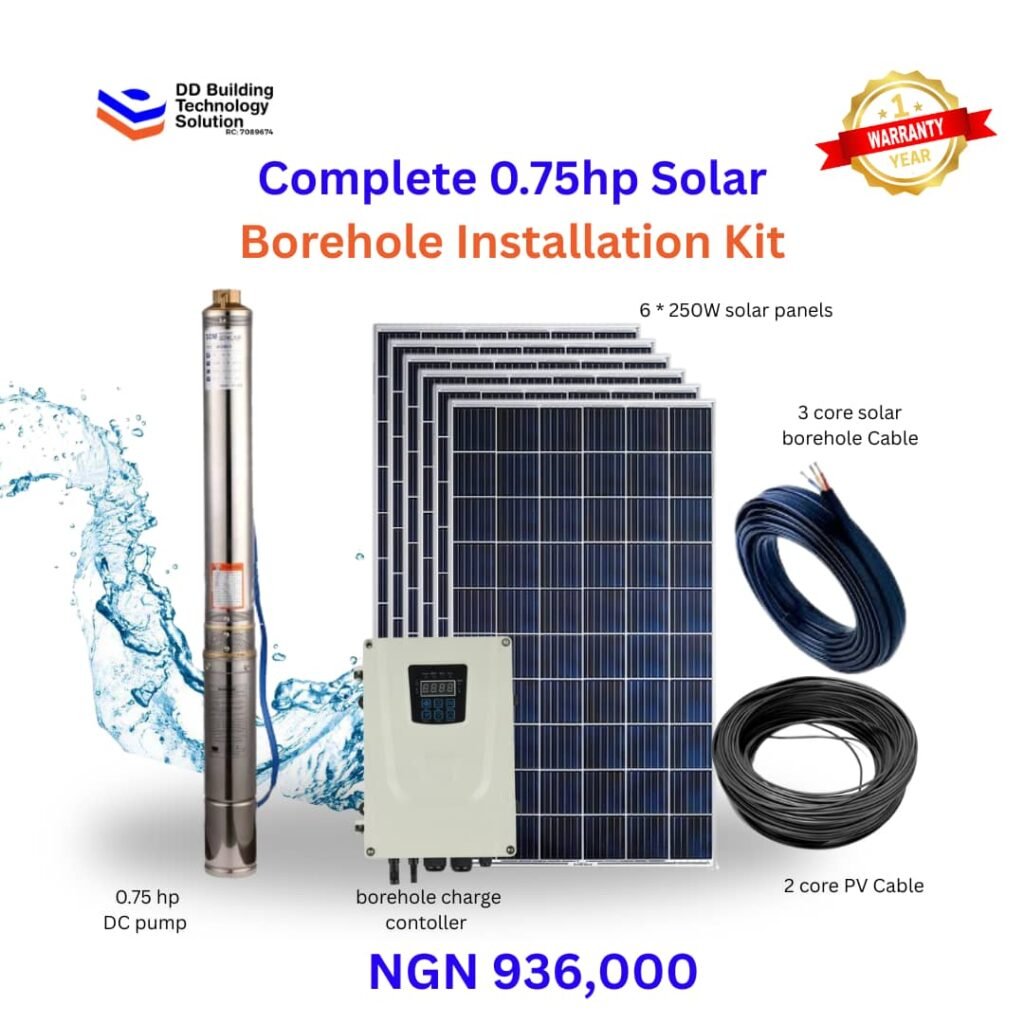
2. Ideal for Off-Grid and Rural Areas
Many rural and remote communities are not connected to the national grid. A solar borehole is the perfect solution in such areas, providing uninterrupted water access without relying on any external power source.
3. Low Maintenance and Long-Term Durability
Solar borehole systems are designed with minimal moving parts and require little maintenance. Once installed, they can function efficiently for years with minimal servicing. Quality systems also come with warranties and durable components resistant to harsh weather conditions.
4. Environmentally Friendly
Solar energy is clean and renewable. Using a solar borehole reduces carbon emissions and dependency on fossil fuels. It contributes to a greener environment and supports the global push for climate action.
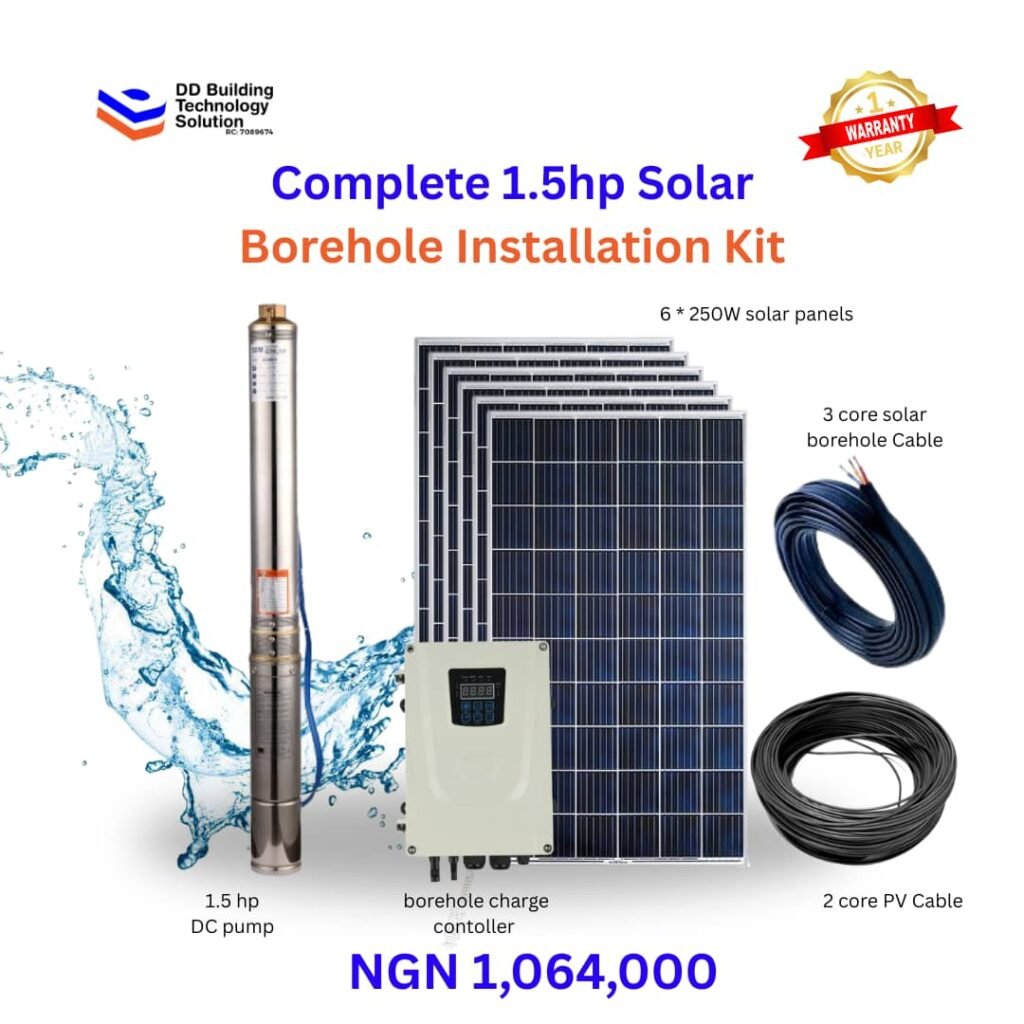
5. Reliable and Consistent Water Supply
Solar borehole pumps work effectively during daylight hours, ensuring a steady water supply for domestic, agricultural, or industrial use. With proper storage tanks, water availability is guaranteed even during cloudy days or at night.
6. Increases Property Value
Installing a solar borehole can significantly increase the value of your home, farm, or commercial property. It’s a practical investment that adds both functionality and long-term savings to your asset.
7. Supports Agricultural Productivity
For farmers, consistent water supply is critical for irrigation, livestock, and processing. A solar borehole system ensures a year-round water source, helping to improve crop yields and support food security.
8. Independence from Unstable Power Supply
Nigeria’s national power grid is often unreliable. With a solar-powered borehole, you no longer have to worry about blackouts or fuel scarcity affecting your water supply.
Conclusion
A solar borehole system is more than just a water solution—it’s an investment in self-sufficiency, sustainability, and economic relief. Whether for home use, farming, schools, or community projects, the benefits are clear: lower costs, greater reliability, and a cleaner future.
If you’re ready to enjoy constant water without worrying about light or fuel, consider installing a solar borehole system today.

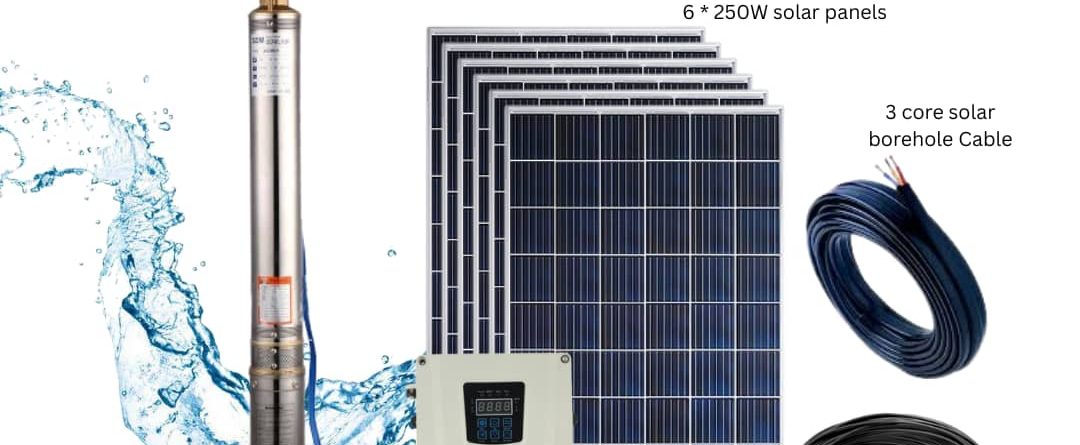


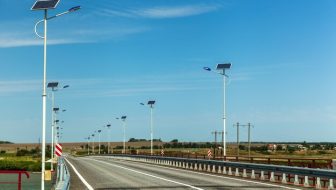
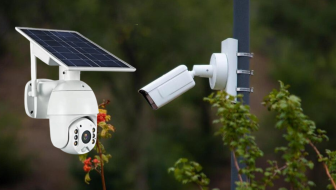
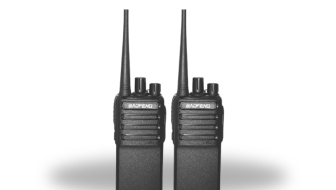


Leave a Reply